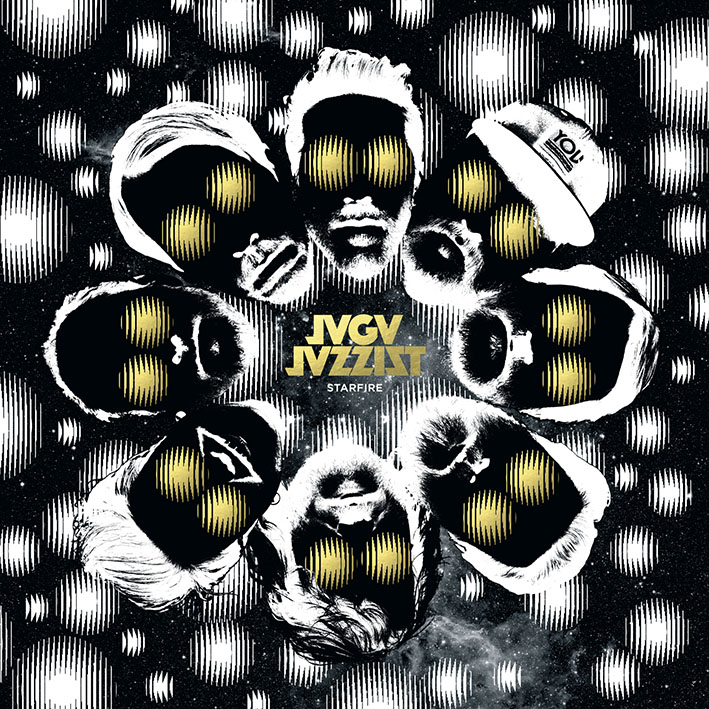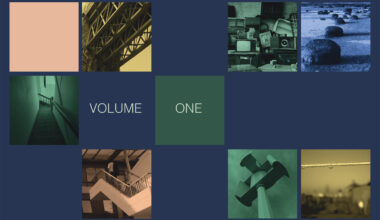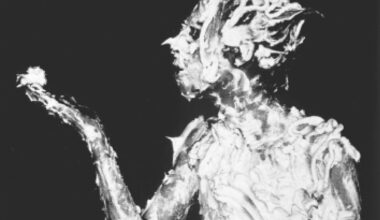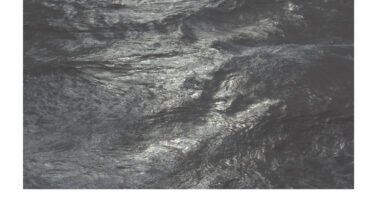Third album from Londoner James Mathé is a real cerebral charmer

Fusion music has always had a bad rep. In the wake of Miles Davis’ 1970s electric experiments, whole swathes of records were castigated by purists for trying to push the envelope just that little bit too far. In hindsight, those clashes of styles – jazz with rock, jazz with funk, jazz with electronic ornamentation – were bold and inventive (but ultimately misunderstood) attempts to elevate the genre out of a traditionalist cul-de-sac.
Formed by Martin Horntveth and his brother Lars in 1994, Oslo’s Jaga Jazzist have spent two decades blazing a trail without any heed whatsoever for fusion’s lack of critical appreciation. The group’s distinctive, playful tracks sit somewhere between retro-futurism and funk-embossed 70s authenticity, giving rise to the notion that this could be the Tatooine Cantina house band from ‘Star Wars Episode IV’ during a post-work free-form jam session.
On ‘Starfire’, Jaga Jazzist’s fifth studio album, the centrepiece of this continued journey into musical collisions is ‘Shinkasen’. Built on muscular drumming from Martin Horntveth, jangly guitars, ethereal flute hooks (try not to think of Ron Burgundy, however tempting that might be) and astral synths, it feels like it’s arrived through a time portal from some deeply unfashionable wormhole.
Evocative and quite beautiful it might be, but the main draw of ‘Shinkasen’ is the abrupt left turn at the halfway mark into a chunky, robotic passage that owes more to Autechre or electronic dub than jazz, all springy synth splinters and whining melodies, before looping back round to more or less where it started. It’s a technique that dominates this album, whether that be in the form of an extended and utterly unprecedented slick electro interlude (‘Oban’), or a sharp flip into a potential soundtrack for some fiendishly clever cyber-hack thriller (‘Starfire’), or just a general feeling of advanced sonic mixology at work.
The biggest departure from the formula, simply because of the sheer number of sudden directional shifts, is ‘Big City Music’. The least “loose” of the tracks here, it feels like a late-night cab ride through the vibrant and often dangerous urban topography of Philip K Dick’s imagination. Among the spiralling, grainy sounds, there’s a sense of motion and an unseen threat thanks to faltering handclaps that could well be gunshots. There are also more serene elements – acoustic guitars, melodic synth shimmers straight out of ‘Neon Lights’, drum cycles that offer rapturous abandon, and a prowling bassline. At one junction, we find ourselves in a dreamlike big band concert, only to hit a euphoric, angelic choir at the next, quickly replaced by a classical quartet, then a malfunctioning fax machine, and so on.
If it sounds like a sprawling mess of a record, that’s because it is, and what’s more it’s all the better for it. The trick with Jaga Jazzist is their capacity to unearth a credible narrative out of chaos, deploying a sense of musical adventure that confirms fusion isn’t such a terrible thing after all.





